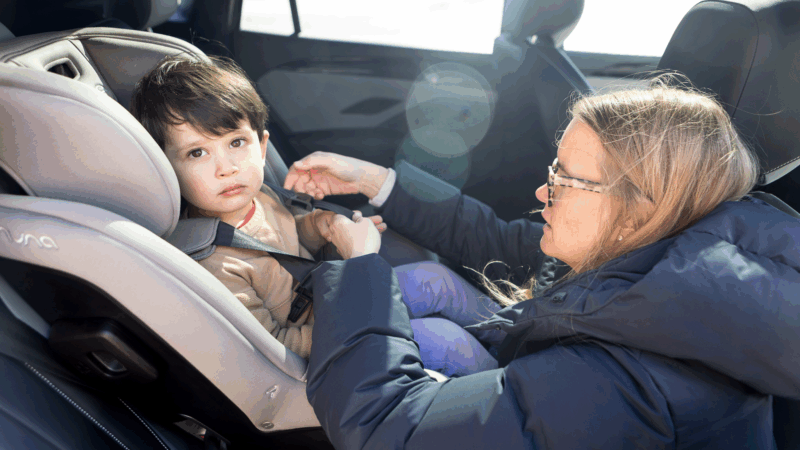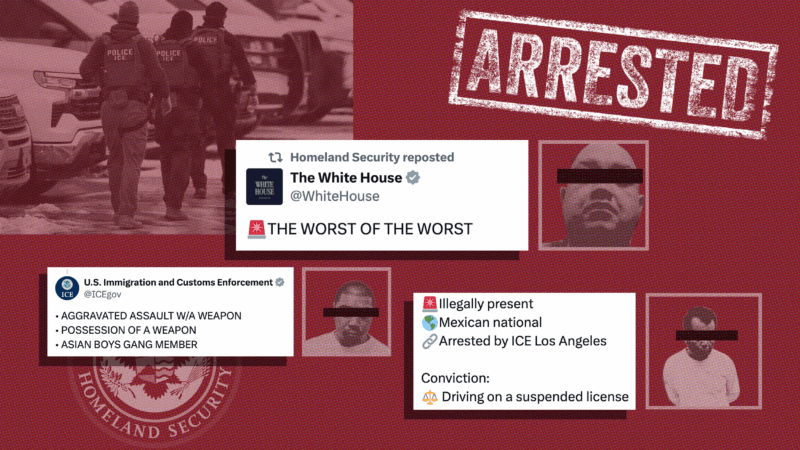A UAB Program Connects Resources For Pregnant Mothers Dealing With Substance Use Disorders
Alabama’s Chemical Endangerment Law makes it a felony offense to use drugs during pregnancy. A UAB program funded by the U.S. Department of Health and Human Services wants to redirect the focus from criminalizing a woman’s addiction to treating it.
The Comprehensive Addiction in Pregnancy Program, or CAPP, is designed to address the needs of women who are pregnant and dealing with substance abuse. Dr. Lorie Harper is the medical director of the program.
“[Patients] can come just to this one little area and get addiction care, pregnancy care, social work and family services, and case coordination,” Dr. Harper says.
Harper says normally, women receive prenatal care separately from addiction recovery services. There can be a lack of communication between providers and women may not obtain adequate treatment. Additionally, women are often anxious about whether they will be in trouble after they deliver.
Abbie, who asked us not to use her last name, is one of the 16 participants enrolled in CAPP. She has struggled with an addiction to heroin and prescription drugs, but has been sober since starting the program.
“They teach us about you know, how to cope, while being pregnant and being a recovering addict, so it’s really helpful,” she says.
Abbie says she is ready to be a mom, and she is not worried about losing custody after birth. That is the goal, according to Suzanne Muir, project director of CAPP. Muir helped start the CAPP program after seeing women separated from their babies and sent to jail due to Alabama’s Chemical Endangerment Law, which criminalizes drug use during pregnancy.
“We’re hoping that more women leave the hospital with their baby,” Muir says, “because we can intervene with them early and get them the necessary treatment.”
The Comprehensive Addiction in Pregnancy Program began accepting patients in April. It is funded for five years, with plans to increase recruitment over time. The next group of participants begins treatment in September.
Parents, are you sure your kid’s car seat is installed right? Here’s how to know
In this visual guide, certified car seat experts walk through common installation mistakes and how to fix them. Learn what a secure car seat base and a tightly fastened tether look like and more.
Trump announces ‘major combat operations’ in Iran
Israel and the U.S. have launched strikes against Iran, with explosions reported in Tehran and air raid sirens sounding across Israel.
Trump says he is ‘not happy’ with the Iran nuclear talks but indicates he’ll give them more time
U.S. President Donald Trump said Friday he's "not happy" with the latest talks over Iran's nuclear program but indicated he would give negotiators more time to reach a deal to avert another war in the Middle East.
Bill Clinton says he ‘did nothing wrong’ with Epstein as he faced grilling over their relationship
Former President Bill Clinton told members of Congress on Friday that he "did nothing wrong" in his relationship with Jeffrey Epstein and saw no signs of Epstein's sexual abuse as he faced hours of grilling from lawmakers over his connections to the disgraced financier from more than two decades ago.
How the federal government is painting immigrants as criminals on social media
Experts say this kind of media campaign is unprecedented and paints a distorted picture of immigrants and crime
Pentagon puts Scouts ‘on notice’ over DEI and girl-centered policies
After threatening to sever ties with the organization formerly known as the Boy Scouts, Defense Secretary Hegseth announced a 6-month reprieve







